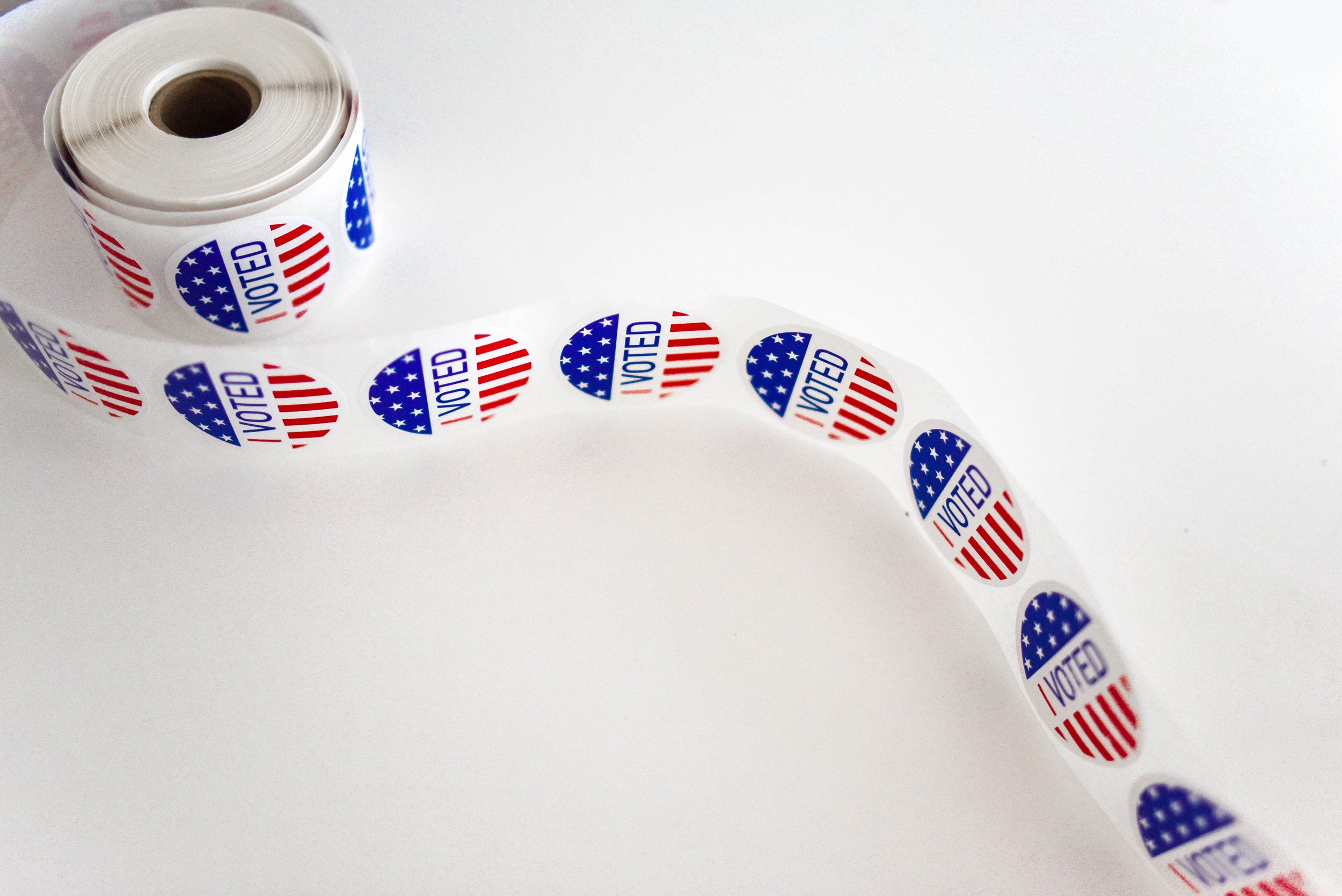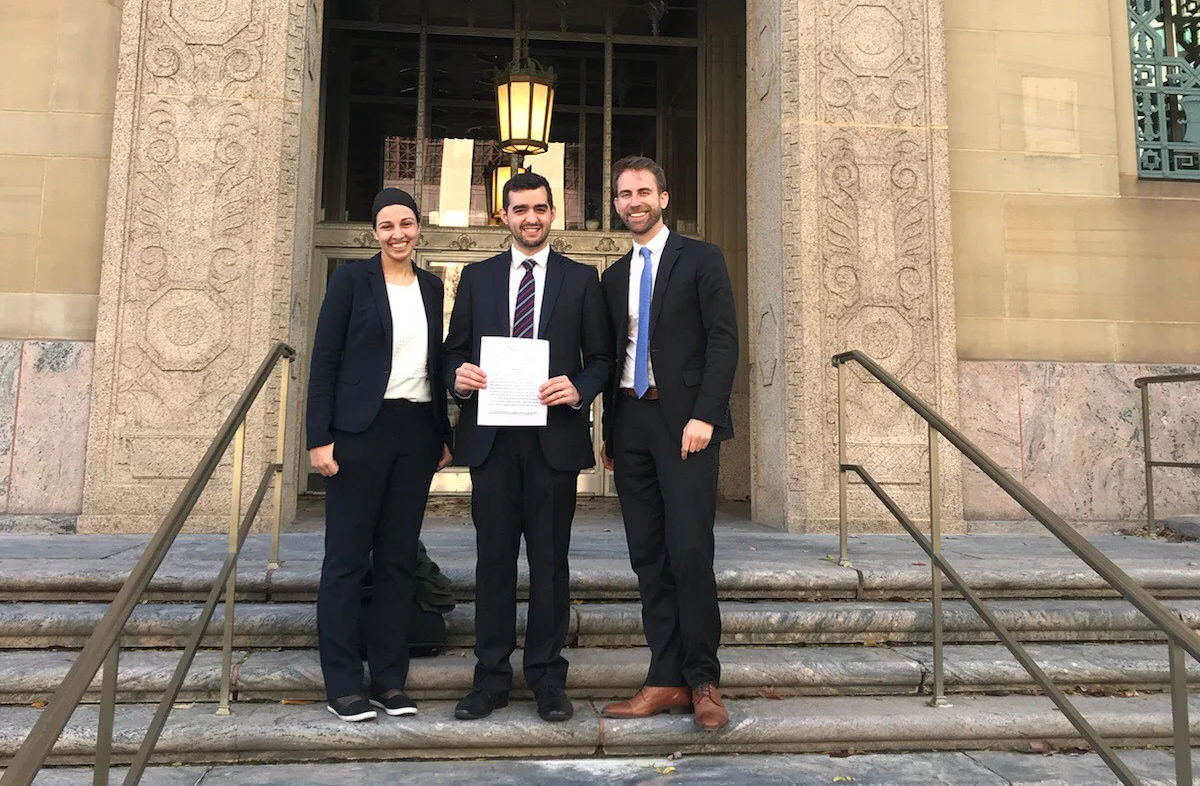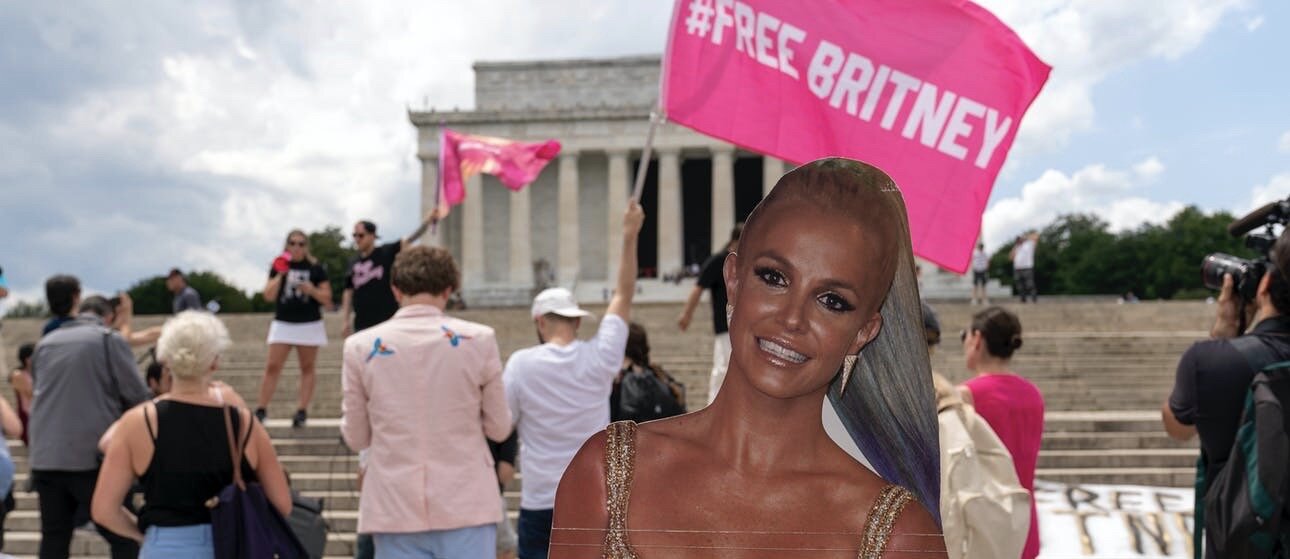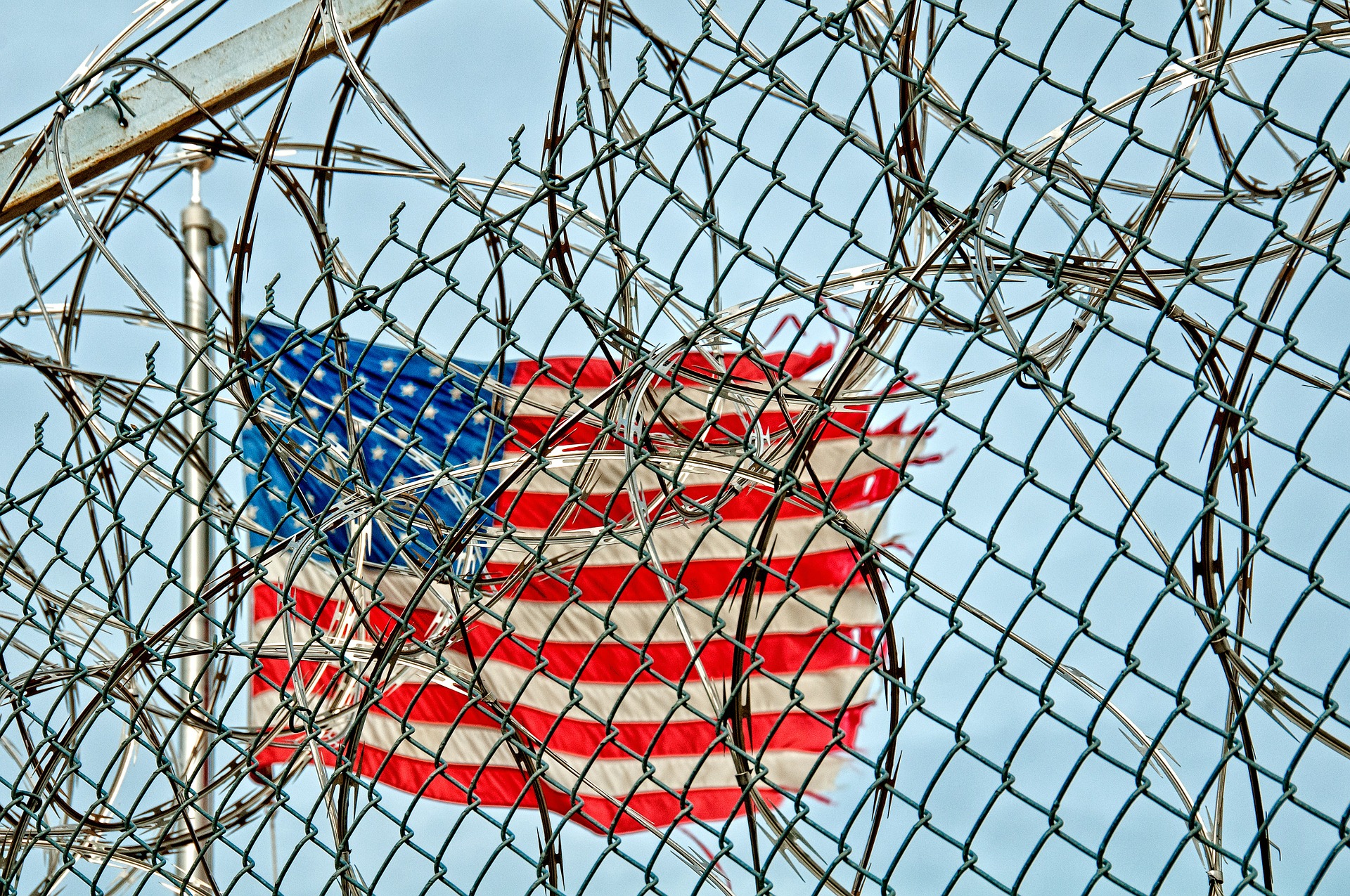Ohio Voting Rights Case For Pretrial Detainees Erupts Out Of 2018 Midterms
Jonathan Diaz, Legal Counsel - Campaign Legal Center
Every Election Day, an estimated 800 to 1,200 eligible voters who are arrested the weekend before the election and cannot make bail are disenfranchised because their arrest comes after the absentee ballot application deadline, and states offer them no physical way to vote in the election.
Ohio, like many states, has a system that allows people who experience unforeseen hospitalization or other medical emergencies to request, receive, and cast absentee ballots, even if their emergency took place after the normal absentee ballot request deadline.
However, despite the constitutional presumption of innocence, the same provision is not available to voters arrested after the deadline. These voters, have not been convicted of any crime, are similarly unable to reach the polls on Election Day, yet they are denied access to the emergency voting procedure.
The injustice of this disenfranchisement is exacerbated by the fact that many of these individuals only remain in detention because of their inability to meet the financial burden of posting bail. Additionally, these voters are disenfranchised because of the timing of their arrests; if they were arrested days or even hours earlier, they would be able to utilize the regular absentee ballot process to cast their votes.
Many people proudly sport “I Voted” stickers. Pretrial detainees were robbed of their right to do so in the Ohio midterms.
Shortly before the 2018 midterm elections, Campaign Legal Center contacted Ohio Secretary of State Jon Husted to inform him that Ohio was in violation of the First and Fourteenth Amendments to the U.S. Constitution by not affording voters being held pretrial by the state an option to cast a ballot.
The letter also suggested approaches that Secretary Husted might take to ensure that all eligible Ohio voters were able to cast ballots, such as extending the emergency voting procedure to voters being held pretrial.
In his response, Secretary Husted told us that his authority to provide ballots to voters being held pretrial was limited by Ohio state law. At that point, we knew that litigation would be the only way to secure relief for these voters.
Successful litigation is often meticulously planned weeks or even months in advance, as attorneys interview witnesses and clients, gather evidence, and shape legal arguments before filing a lawsuit. But in extreme circumstances, a case has to be brought together in a matter of days in order to secure relief for the affected people.
The Impact Fund was right there as the case was unfolding, with urgently needed support.
We had a five-day window to identify eligible voters who hadn’t already voted, were arrested after the absentee ballot deadline, would be held in pretrial detention through Election Day, and who wished to file a lawsuit to protect their right to vote.
To find these voters, my colleagues and I spent the days leading up to the election in Ohio coordinating with public defenders to identify individuals affected by this unlawful practice. On Monday evening, along with our co-counsel from Demos, we were able to gain access to the county jail in Dayton and interview two individuals who wanted to be stand up for their voting rights and wished to do so for themselves and others in similar situations as class action representatives – less than 24 hours before the polls would close on Tuesday.
After hearing their stories, we worked through the night to prepare their complaint and two briefs requesting that the court grant emergency relief on Election Day and certify the case as a class action lawsuit.
We finalized the documents in the car en route to the federal court where we would file the case.
As we were electronically filing the documents, we received a call from the judge’s chambers: he had seen the complaint and wanted us to appear for an emergency hearing on the request for Election Day relief.
The legal team worked through the night.
At the hearing two hours later, the judge ruled in our clients’ favor and ordered the Secretary to deliver emergency absentee ballots to our clients in jail and have their votes counted, but stopped short of granting class-wide relief because it would have been “impractical, if not logistically impossible…this late on Election Day.”
The next day, I returned to the county jail to confirm with our clients that they had received ballots, report what had happened in the courtroom, and inform them about next steps in the lawsuit. They were incredibly heartened that the judge had heard their case and protected their right to vote in the 2018 elections despite their difficult present circumstances.
In early February, the new Secretary of State filed an Answer to the Complaint, and now the case will proceed toward trial, where we will continue to fight to ensure that all eligible Ohio voters can vote in future elections.






